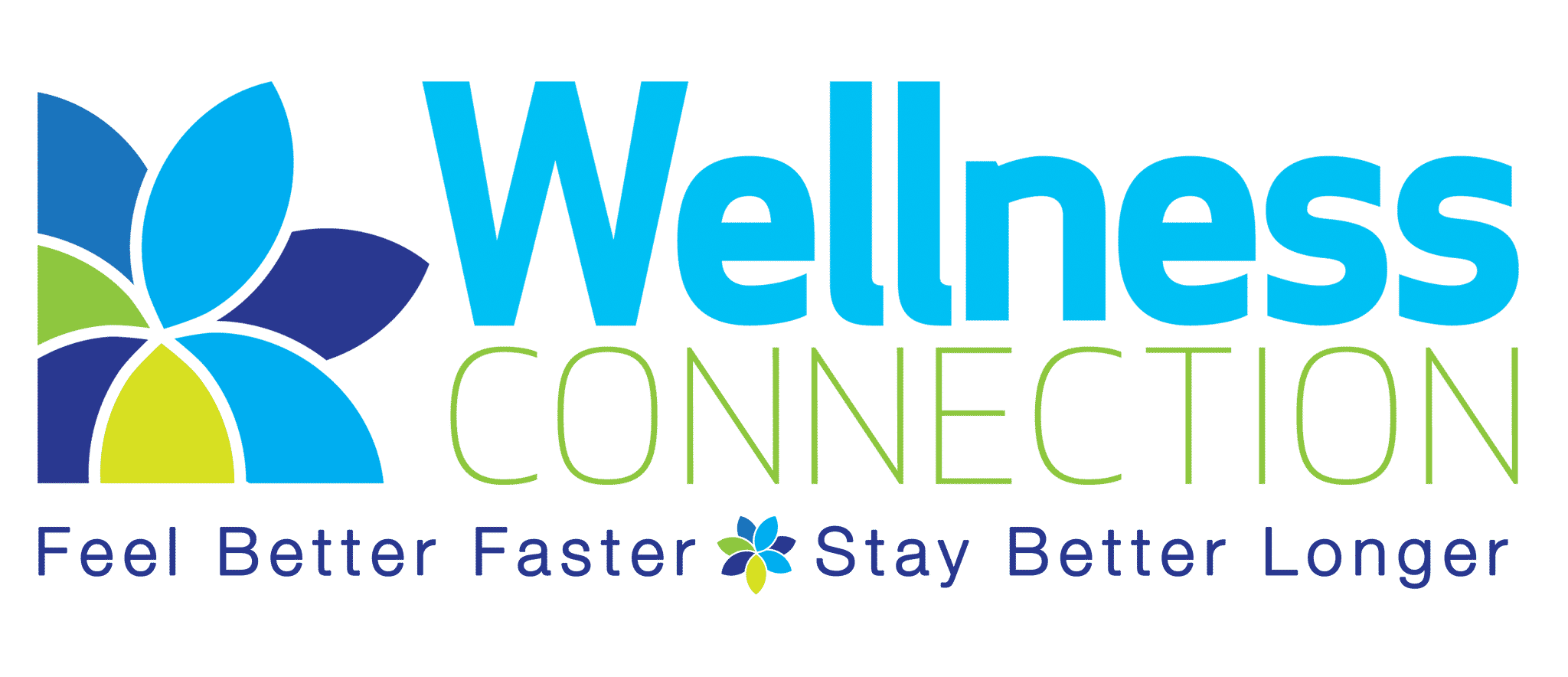Why Remote Therapy is Here to Stay: A Long-Term Wellness Resource

Remote therapy has proven its worth in responding to the COVID-crisis. Will it remain a key option for therapy looking into the future? We think so.
In this blog, we take a look at why.
COVID Forced Remote Therapy to Prove Itself in a Crisis
COVID introduced a sudden shock to the mental healthcare system: attending therapy in person instantly became problematic. Meanwhile, over the span of a few short weeks, it created a mental health crisis. From sudden lifestyle changes, to worries about the future, to mood issues stemming from isolation, the crisis meant more individuals needed support from a therapist than ever.
Therapy had always been an essential wellness resource, but now it was facing unprecedented demand just as the traditional therapy format (in-person, in-office sessions) became unworkable almost overnight. To adapt, the mental health profession had to scale up the knowledge, technology, and best practices needed to provide high quality, user-friendly therapy at breakneck speed.
It hasn’t been easy, but so far, this emergency experiment has been a remarkable success story.
The Wellness Connection is no exception. We responded as quickly as possible to develop a remote therapy model. We worked hard to identify and institute software that allows us to conduct fully HIPAA compliant virtual therapy sessions using both phone and video. Vitally, this system also makes it easy for patients to view records, manage billing, and submit insurance claims. A streamlined technology experience is vital to making remote therapy as accessible and stress-free as possible.
Based on our experiences so far, remote therapy has been very effective at providing patients with the mental health support they need. Remote therapy has helped groups like working moms and dads, college students, and seniors respond to some of the unique challenges introduced by social distancing, remote work, and more.
Remote Therapy’s Value Extends Beyond the Crisis
The remote model has proven its ability to provide private, reliable, high-quality therapy in a format that’s more flexible than ever before. Patients can and do attend therapy sessions from home, from outside, and even from vacation. The remote model simply makes therapy more convenient and accessible than ever, and that’s helping new individuals take advantage of therapy who never felt able to in the past.
This accessibility is the first big reason why we think remote therapy is here to stay. While in-person therapy may again become possible one day, we expect remote therapy to remain a valued part of the mental healthcare toolkit for many individuals.
The second reason is that remote therapy is not just convenient, but effective. The New York Times reports on peer-reviewed studies that show remote therapy “can be just as effective as in-person therapy for treating post-traumatic stress disorder, depression, and anxiety.” This research accords with our experience.
While there are real pros and cons to the remote approach (we take a look at them in our blog here), we think the limitations of the remote format can be addressed by a therapist who is trained and familiar with remote sessions. Meanwhile, remote therapy eliminates many of the limitations of traditional in-office therapy, like a regular commute to the therapist’s office (which can be inconvenient for anyone and outright prohibitive for individuals living in remote rural areas).
We’ve been inspired by the many different types of patients who are benefiting from therapy for the first time, just as we’re thankful the remote approach has allowed longtime patients to maintain therapy during the COVID crisis. While we hope the public health imperative for social distancing eventually allows moderates enough for in-person therapy to become viable, we believe many patients will stick with remote sessions. Remote therapy is simply a better fit for many different sorts of life situations. And that’s why we think it’s here to stay.
Learning More About Remote Therapy with The Wellness Connection
If you’re interested in exploring options for remote therapy, please give us a call at (703) 327-0335 or send us an e-mail.
